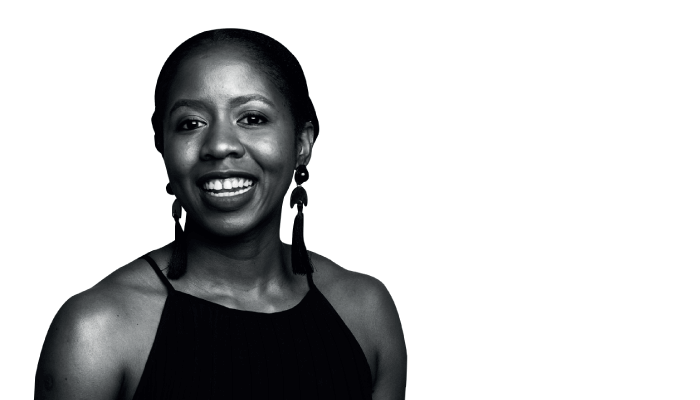
Medicine tends to have a rigid hierarchical structure. At the top are professors – those who have reached the peak of their careers – deities you have no access to. Everyone else is beneath them. At least, that was the case until very recently – the pandemic has shaken this structure, providing a small silver lining to this time of global upheaval.
The COVID-19 pandemic seems to have brought with it a wave of openness, with people becoming more forthcoming and generous with information they are willing to share – there has been a lot of free, easily accessible online content available to junior ophthalmologists over the last few months. It has been wonderful to see that a lot of recent webinars have been open access, whereas traditionally many top professors would use exclusive private platforms for sharing their knowledge with their peers. Even at congresses, there are often certain meetings that are paid access or access by invitation only.
It has been really good to see some of those traditional hierarchical systems in medicine being broken down, with open access to information through the use of technology and webinars. But there is only so much a webinar can teach. You can watch 100 videos of the best surgeons in the world, but unless you get the opportunity to perform a surgery with a mentor by your side, you will not achieve the surgical proficiency that makes you an excellent surgeon. Nothing beats hands-on experience.
As a final-year registrar, nearing the end of my training, the focus of my residency would usually have been on refining skills – by now, I should have all the basic competencies. “Perfecting” is an important phase of training – and it is the one that has taken perhaps the biggest knock this year. I have lost around six months of surgical time. While I’ve continued to do emergency cases and glaucoma drainage device surgery or trabeculectomies here and there, I haven’t even got close to the volume that I was used to.
While I am anxious about the time lost due to the pandemic, this year has taught me that often the things that we believe to be pressing matters are not as urgent as we might think they are. I remain optimistic and grateful for the lessons I’ve learned during the pandemic. I have a lifetime as an ophthalmologist ahead of me – more than enough time to make up for those lost surgical cases!
